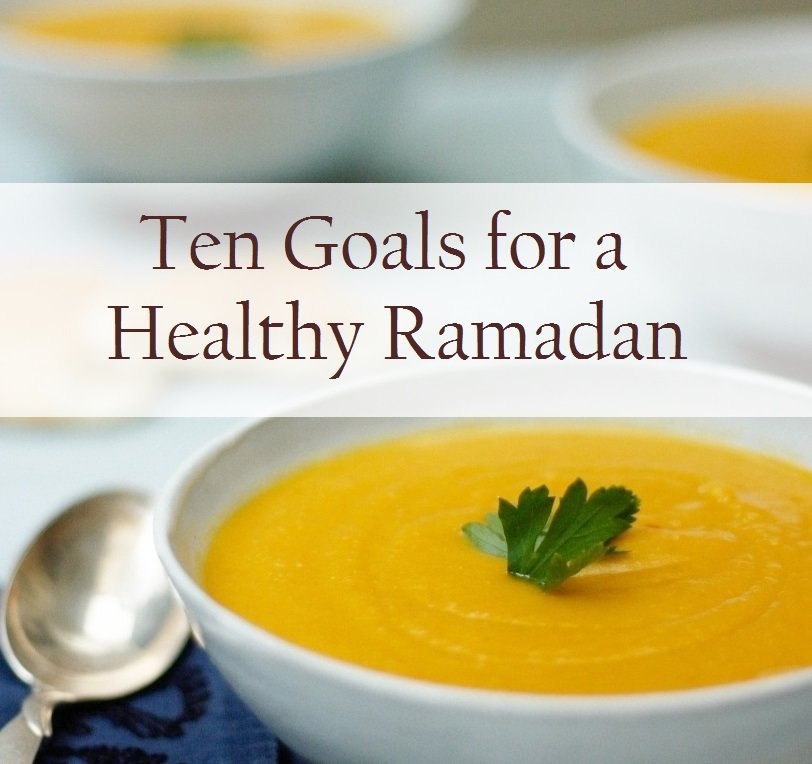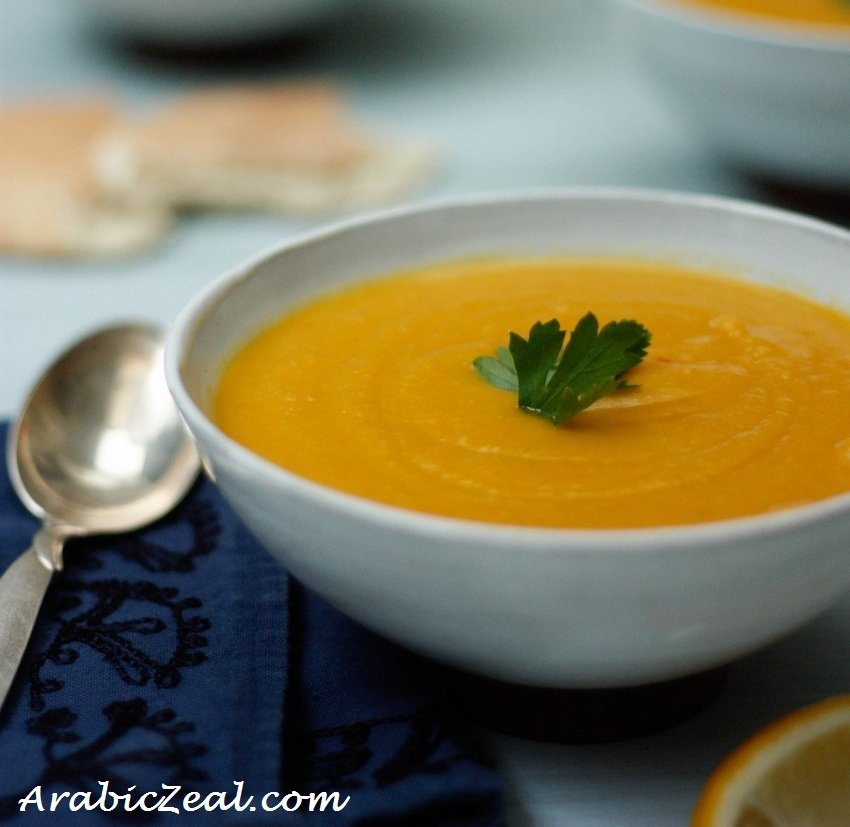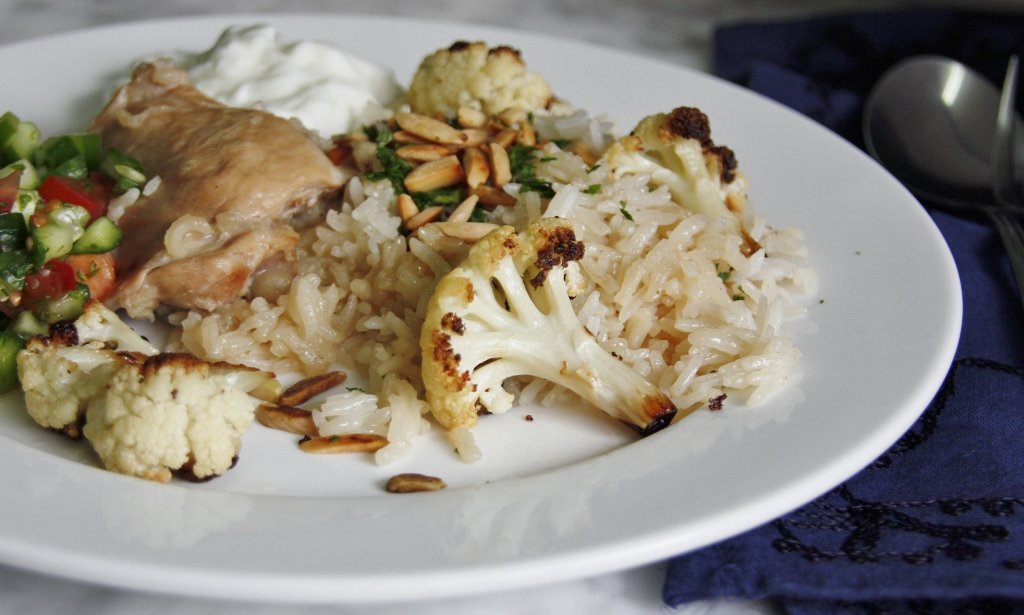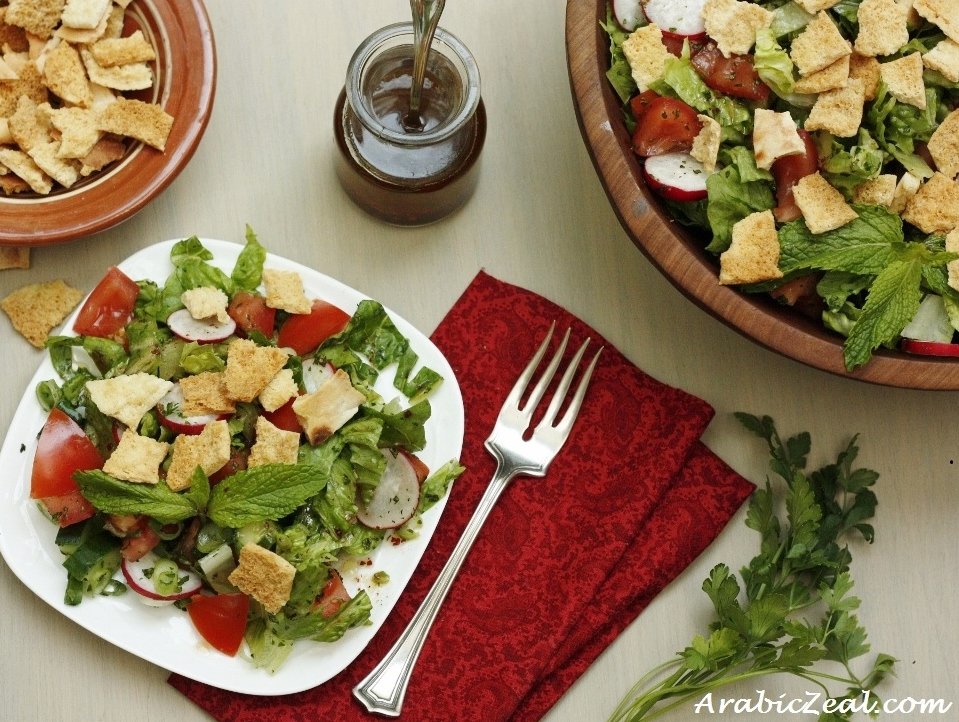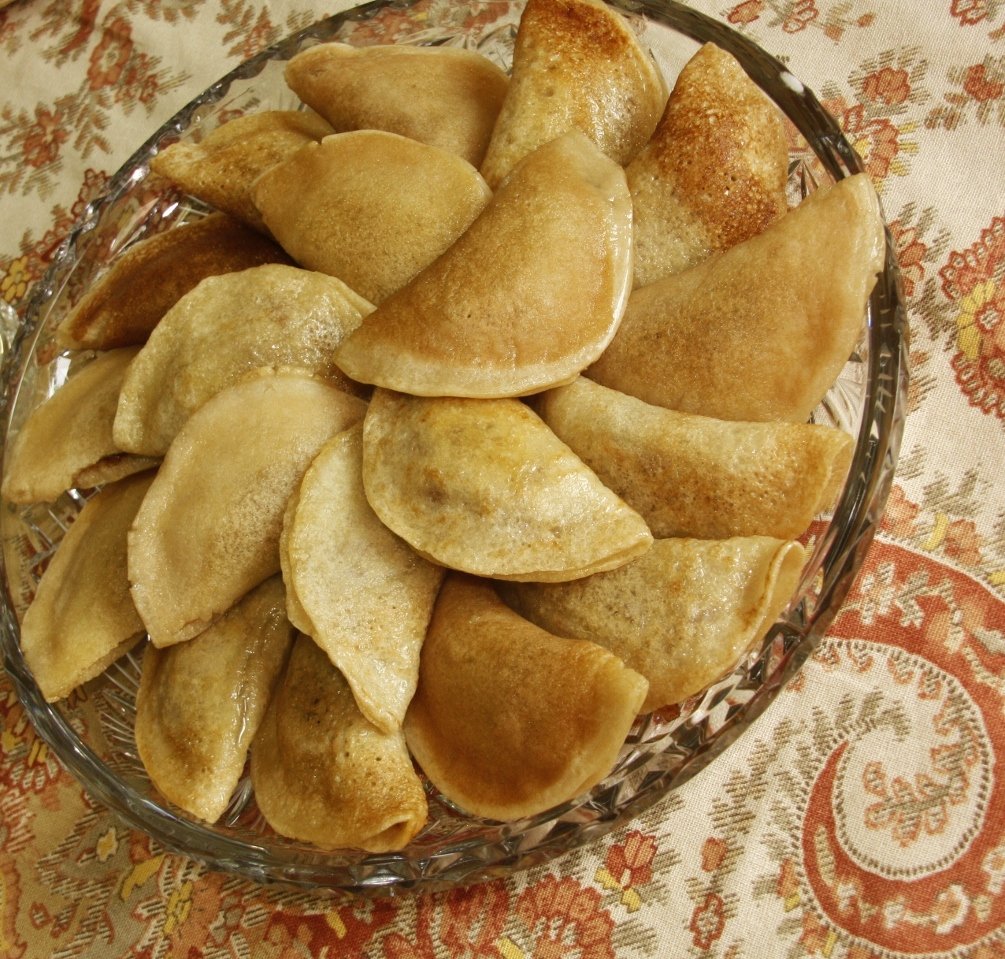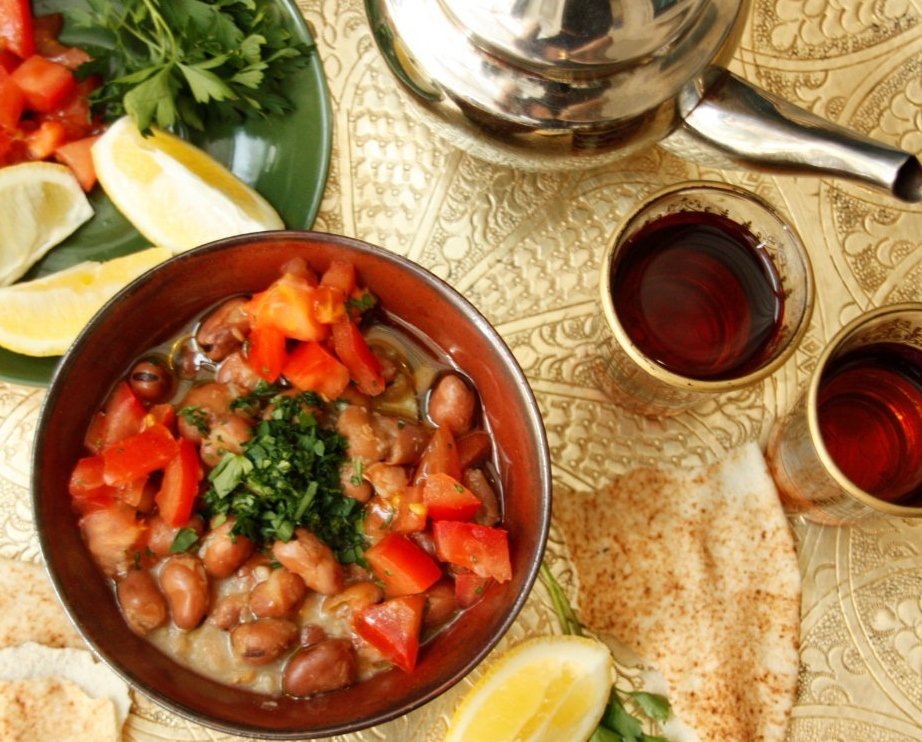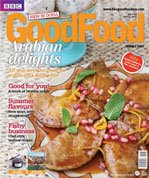Intentions for a Healthy Ramadan
Ramadan is coming up fast. I’ve observed this month of fasting for the past two decades. As always, I anticipate the month with equal measures of joy and dread.
Yes, joy. I look forward to our nightly iftars, leisurely family meals where everyone is in a good mood, the food tastes twice as good, and my teenage kids linger at the table for more than five minutes. I also appreciate special gatherings with friends, as well as the time set aside for self-discipline and devotion.
Meanwhile, it’s not the fasting that I dread, but the decline in physical activity, the over-eating, the excess of desserts, the loss in fitness level, and the inevitable weight gain.
I admit, my eating habits generally sink to lower and lower levels as the weeks progress—the wrong foods and too much of them. Even worse, I typically stop exercising while fasting and become a Ramadan couch potato.
Yes, I realize this defeats the point of point of the holy month. What’s more, I used to be able to bounce back from this way of observing Ramadan, but no more. Besides, it just feels wrong. Ramadan is meant to be spiritual and self-reflective—not lazy and over-indulgent.
So, in light of all this, for the past several years I’ve been striving for a healthier Ramadan. Here are my intentions for this year:
Change up Habits
Since the whole schedule is turned upside down, Ramadan is a good time to discard bad habits. For example, many people try to give up smoking. As for me, I’m intending to make more vegetarian meals and eat as a pescetarian—opting for seafood over meat and poultry. As I plan iftars, I remind myself every evening need not be a feast. We can enjoy simple meals like mujaddara.
Quality over Quantity
Like many in this region, we start each iftar with lentil soup, which is a great way to break a day’s fast. However, it’s easy to slide downhill after that into a glut of fried foods and carbs galore. Instead, I intend to serve more vegetables, including in a big salad and my secret weapon: the raw veggie platter. When I have that Ramadan-urge to just graze, I’ll reach for raw veggies—snap peas, bell peppers strips, cucumbers, carrot sticks—the crunchier the better.
Count my Dates
Dates are the special food of Ramadan. Everyone I know breaks their fast with dates. At our house, we keep snacking on them into the evening. If that’s not enough, we eat desserts made from dates and more dates at suhour.
Despite the revered role of dates during Ramadan, they are sugar-loaded and calorie-dense. Therefore, this year I’m avoiding the date free-for-all. Two or three dates at iftar are enough.
Dodging Dessert
I used to promise my three fasting children a homemade dessert every night of Ramadan as a “reward” for their efforts. What a terrible habit! It’s bad for many reasons, including the fact that sugar is addictive, and, according to some sources, added sugar causes as much damage as alcohol and fat.
And yet….
It’s not Ramadan without traditional treats like qatief. It’s impossible to avoid desserts during Ramadan, and some treats I wouldn’t want to miss. However, I plan to indulge selectively. At home, I intend to prepare some fruit-based options, such as apple pie, blueberry crisp and fruit smoothies.
Keep Moving
This is going to be tough. There’s a big benefit to having a day job during Ramadan. When I was teaching English, my work ensured that I had a regular routine and moved around during Ramadan.
For the past two years, I’ve had my pedometer and set a daily Ramadan intention of 8,000 steps. It’s worked well, so I’m aiming for that again. However, I won’t be walking outdoors while fasting, as the temperature in Dubai will be soaring. Instead, I’ll stroll in the mall and do some gentle yoga. Some Muslims say their yoga practice is actually better when they’re fasting.
Evenings are a different story. Even though it’ll be hot and humid, the dog still needs to be walked. And I’m planning on midnight walks on the beach with my family, as the cool mist provides a small reprieve.
The malls in Dubai are a great place to walk in the evenings. Open until 1:00am during Ramadan, the malls are filled with Ramadan decorations and window displays, as well as a bustle of people. Of course, I intend to walk right past the pastry shops…
Drink Six Tall Ones
People ask how I stay hydrated when I can only eat and drink after the sun goes down. Actually, at our house we consume more water during Ramadan than other months. I commit myself to drinking six glasses of water after the sun goes down.
This is how I do it: I break my fast with a glass of water, and I drink another during iftar. I drink two more glasses during the evening. I drink a fifth glass before I go to bed. I drink another glass when I get up at 3:30am for suhour. It takes effort, but I feel so much better this way.
Rise and Shine with Suhoor
I don’t understand how people can skip suhour, the pre-dawn meal. It’s an important tradition at our house. I used to stuff myself at suhour out of fear of starving, and I would even have dessert. Those days are over.
Now I opt for a fiber-rich meal that will stay with me. My suhour of choice is steel-cut oats (cooked in advance) with some dried fruit and walnuts.
When my husband is charge, we’ll have hummus, foul or fatayer from the Lebanese bakery down the street (which has a queue at 3:00am).
Avoid Buffets like the Plague
I say this every year. Then I read the local magazines featuring “Best Ramadan Iftars.” Then we get an invite to some over-the-top buffet in a hotel. Next thing you know, there we are, heaping our plates. And then—the inevitable regret.
These buffets are wrought with problems: they are wasteful; they are against the spirit of Ramadan; they encourage over-eating, and we completely forget the concept of remembering those less fortunate.
And yet, if I do find myself at a buffet, I intend to follow the “dieter’s rule” of filling half my plate with vegetables, such as those delicious Arab mezza salads.
Ah, Sleep
In case you didn’t know, sleep is the secret key to wellness. Scientists are still discovering all the hidden benefits of sleep. Without enough, we are grumpy, less focused, forgetful, unmotivated, and more apt to get sick. What’s more, lack of sleep combined with fasting is a double-whammy to our well-being.
My intention this year is not to stay awake all night until suhour. So slovenly! It creates a jetlag-like stupor. Instead, I’m planning to keep regular hours—at least until the final week.
Easing Back
Regarding weight gain, I discovered last year that the real danger zone is actually the week after Ramadan. You know that holiday week of decadent breakfasts, non-stop ma’amoul, and big Eid lunches? Well, this is the time to be careful. After a month of fasting, our bodies have adjusted by slowing down and conserving energy. The week after Ramadan is a time to eat light and ease back into our regular meals.
* * *
Ramadan is a challenging month—spiritually, emotionally and physically. I always count down the days until it’s over. Sometimes I secretly wish for a “holy week” of fasting instead of a holy month. And yet, when the month is over, I feel a touch of remorse. I miss those family iftars when we come together in a meaningful way.
This year, I’m intending to have both: the spirit and joy of Ramadan, as well as physical wellness.
Question: How do you stay healthy during Ramadan?

